The Jokes Need to Stop
Why jokes about suicide aren’t funny
A paper doll is surrounded by jokes about suicide. Thoughtless comments about suicide trigger pain to those suffering from suicide loss.
Four years ago my mom answered a phone call. I was sitting across from her when I first heard cries through the phone. Her dad committed suicide. From there, and through the chaotic events that still follow, I learned firsthand the pain behind a word that changed my life.
Suicide isn’t something people talk about. When it comes up, it’s tagged with depression and mental illness in a third-person conversation about safety and health. And it was so easy to dismiss as something foreign and distant. Until it wasn’t.
Unlike other deaths, overcoming a suicide is a long and painful process filled with conflicting emotions and doubts. Alongside the natural grief, you overcome anger, blame, guilt, and a stigma surrounding the topic that limits outlets of emotion and healing. You start to question what more you could have done, why they would willingly take their life in such a selfish act. Though any death is hard to overcome, suicide leaves its fingerprints personally clawed through a survivor’s life, permanently altering the person. You don’t ‘get over’ a suicide. You don’t recover. The trauma and pain force a new normal onto victims’ lives, leaving debilitating effects from the grief cycles.
Oftentimes, their pain manifests itself in physical ways. For my mom, it’s shingles, a painful, blistering rash. When suicide comes up, she starts shaking, trying to stop the storm of emotions from overcoming her. Her immune system is weaker, and even four years later, she still struggles to fall asleep because of the nightmares. And so at 11 years old I was tucking my mom into bed at night. We made dinners and washed her hair. Her near catatonic state of grief caused our family for years to function without a mother. I grew protective of her and the situations she was in. If suicide came up, even in a healthy way, I got angry, blaming them for bringing up my mom’s pain, for making her remember such an ugly experience. I lost my mom and who she was to someone’s selfish actions. There are days where I sit at my desk biting back tears, where I wander the hallways alone, sobbing. I still struggle to even talk about it.
Suicide is real. The pain from it is real.
And yet somehow, somehow we find it okay to make jokes about it. It doesn’t take much to hear these careless jokes. They surround us in the hallways, at our jobs, even among friends. Think of the absurdity: when something little in life doesn’t match expectations, it equates to suicide, or at least saying it. Your leg hurts, so you’re going to kill yourself. You get another assignment, and are going to kill yourself. You don’t want to practice, instead, you’ll just kill yourself. Even in jest, these twisted words mock the pain of others, poking and prodding at their haunting experience. These ‘jokes’ normalize the second leading cause of death among teens, forcing those who are captive in this struggle to turn elsewhere for aid. Victims of suicide, often coined ‘suicide survivors’, find themselves silenced in a world where serious discussion is pushed away, and pleas for help are ignored. Surrounded by these twisted jokes, their pain is mocked and abused by thoughtless phrases.
How do we, when faced with serious feelings of or about suicide, gain the trust of someone, and ask for their help, if their own words standardize and push away the validity of our needs? If we want to make an effort in stopping this growing plague, we need to stop making a joke of it and start listening to those silent petitions for peace.
Their voices are there, quietly seeking order in a distorted and anguish wracked world. Today, my mom still shakes, the tears still course down her face, and the pain is still sharply present. Yes, suicide is real. And no, the jokes aren’t funny.
Your donation will support the student journalists of Francis Howell Central High School. Your contribution will allow us to purchase equipment and cover our annual website hosting costs. FHCToday.com and our subsequent publications are dedicated to the students by the students. We hope you consider donating to allow us to continue our mission of a connected and well-informed student body.




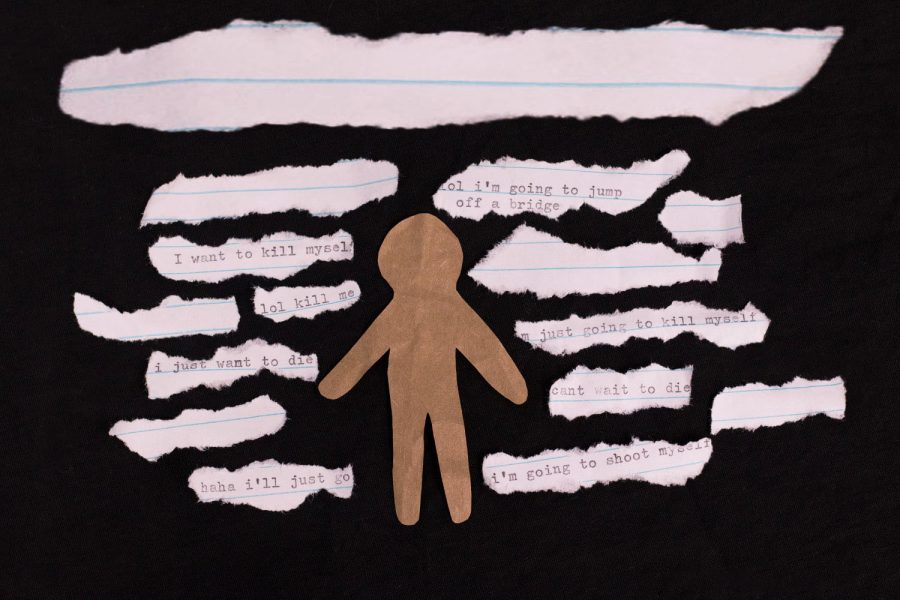
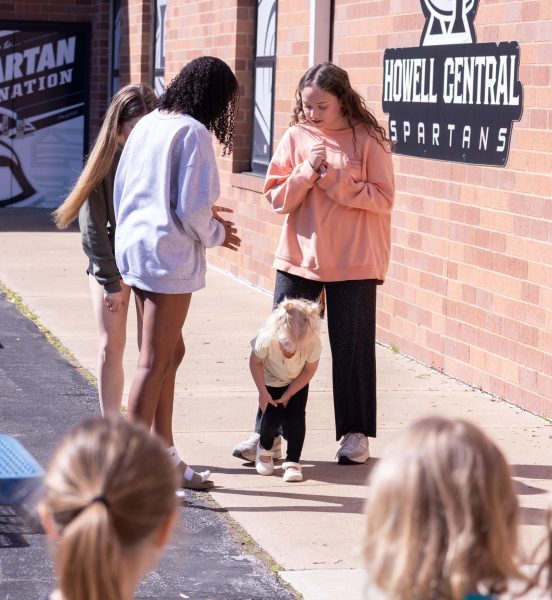

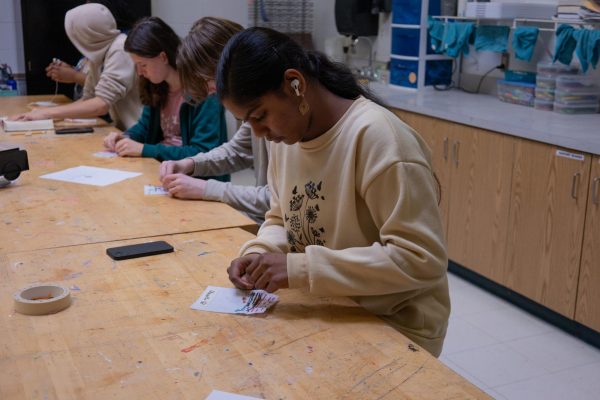
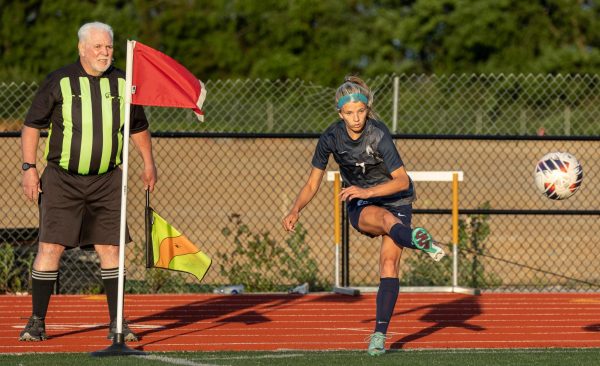
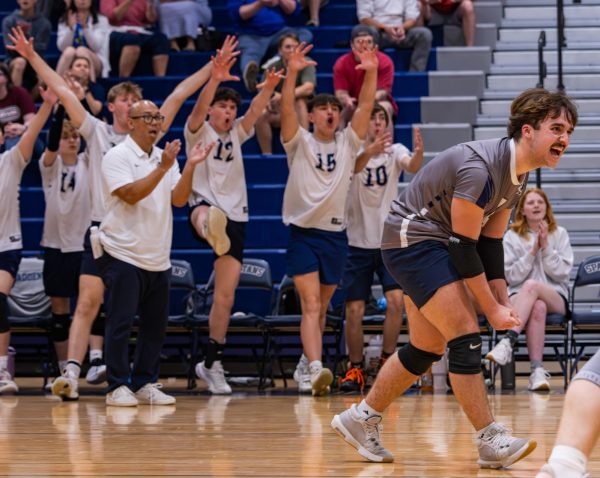



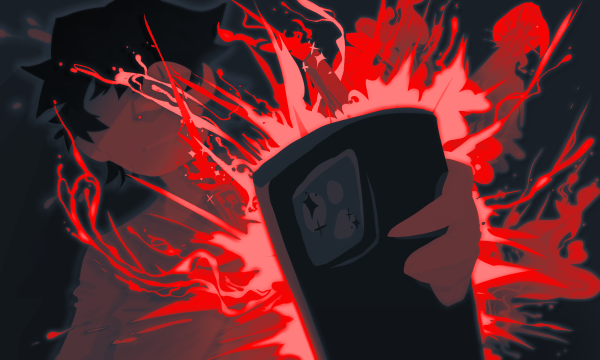
Sophia • Feb 9, 2025 at 1:50 am
Thank you. I wish everyone could see this. Because of suicide jokes me and my friends didn’t know my best friend was serious. Every time I hear a ‘joke’ about something that took my best friend I break. We were only 14.
Sophia • Feb 9, 2025 at 1:48 am
Thank you. I wish everyone could see this. Because of suicide jokes me and my friends didn’t know my best friend was serious. Every time I hear a ‘joke’ about something that took my best friend I break. She was only 14.